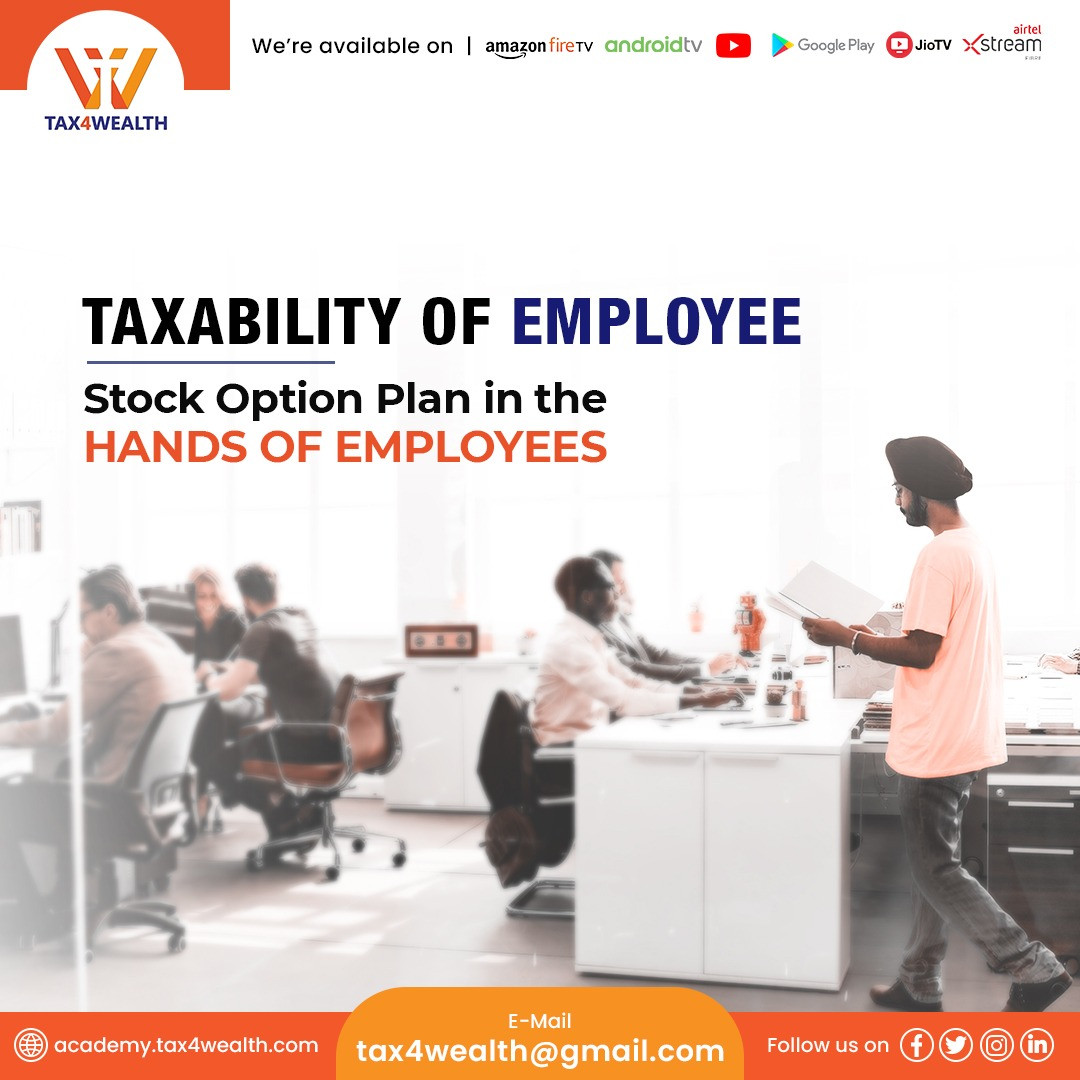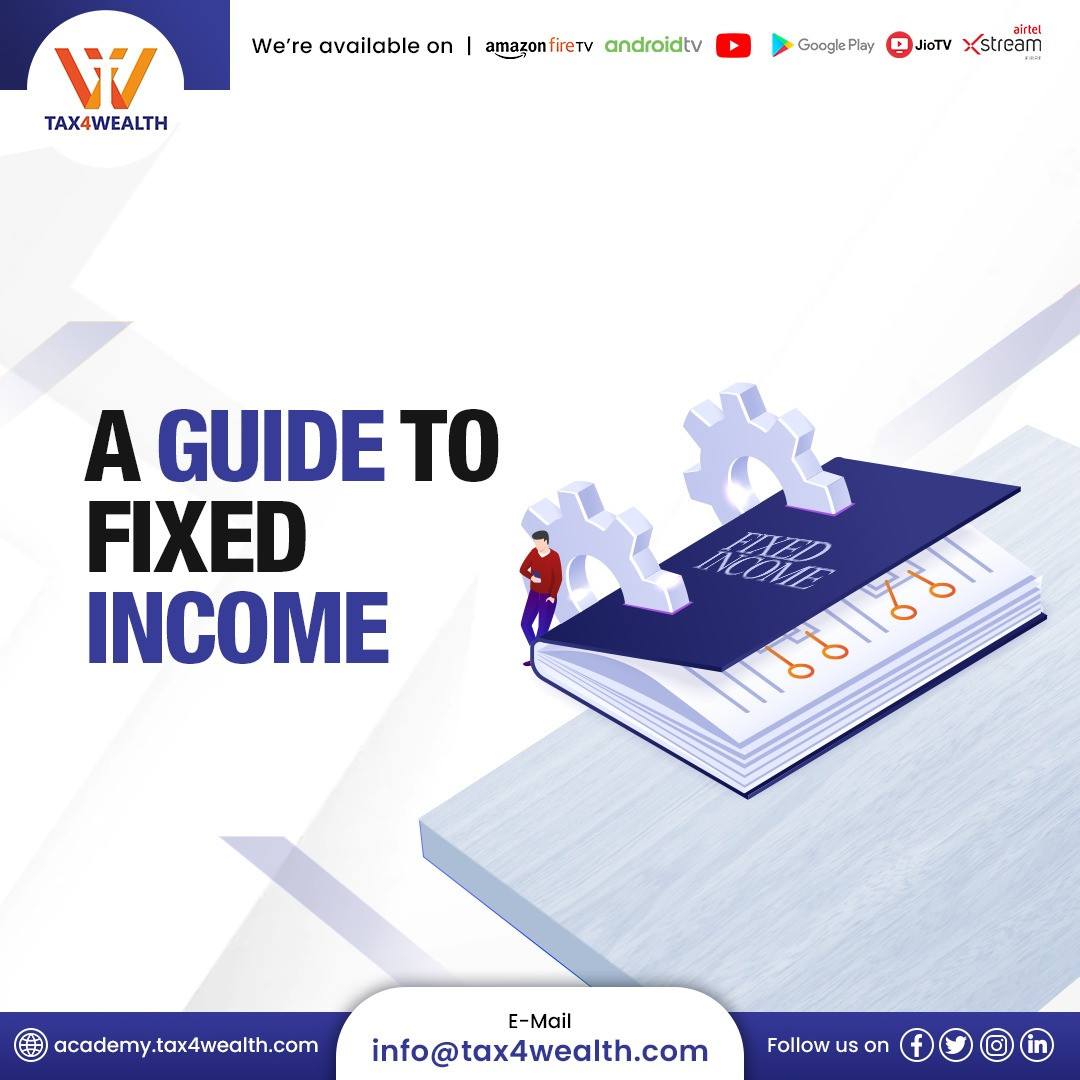
Taxability of Employee Stock Option Plan in the Hands of Employees
Introduction
Employee Stock Option Plan (ESOP) is scheme where an employee can buy the shares of the company in which he is working at a discounted rate as compared to the current market price of the shares. Generally, this scheme is used by startups to attract the top investor among the employees as the startups needs funds. It provides the companies the flexibility to pay lower salaries to employees while offering the aforesaid scheme in the form of incentive in the bargain. During the pandemic of COVID 19, most companies provided ESOPs to employees in lieu of pay cuts.
Implication of Taxes on ESOPs
ESOPs were initialy taxable under scope of fringe benefit tax. However, later with certain amendments in Finance Act,2009, the taxability of the ESOPs were provided in the hands of the employees of the company.
The taxability of ESOPS arises at two stage from the opinion of the employee;
While exercising the options Where the shares are allotted to the employees;
Under the above-mentioned scenario, the difference is calculated between the Fair Market Value (FMV) of the allloted shares and price of shares and the same is treated as a perquisite under ESOP.
Accorrding to Rule 3(8) of the Income Tax Rules, 1962, where the shares alloted to an employee is that of a listed company, in that case FMV will be the avearge of the closing and opening price as on the specific dare. However, in case the shares alloted are of unlisted, then the share value will be determined by the merchant banker and a specific date will be decided to be FMV for unlisted shares.
The process in which the aforseaid perquisite will be deducted is similar to that of deduction of TDS.
However, After the amendments declared in budget 2020, if the employee is given ESOPs from an potential start up then the tax on the perquisite will be deductible considering the early occuring of the below mentioned events;
- After the expiry 5 yaers from the date of ESOPs allotment
- On date on which ESOPs were sold
- The Date of exit of the company
- The time when the shares were sold by the employees
Once the employee decides any of the aforseaid options and gets his shares alloted on this name, the employee has to chose either the holding the share of a particular period of time or sell off them and realise some profits. The realization of such profit from sale is subject to tax under capital gains. It is to be noted that the taxation of such gain from sale of ESOPs depends on the duration shares held by the employees. The details of which are provided in the below mentioned paragraphs.
Companies whose shares are listed
In case, the shares held by the employees for 12 months or less, the gain from the sale of such shares will be considered as short term capital gain. Thus, according to the provisions under section 111A of the Income Tax Act, 1961, such gains will be taxed at the rate of 15%.
In case, the shares held by the employee for more than 12 months, the gain from sale of such shares will be considered as long term capital gain. Section 112A of Income Tax Act imposes a rate of 10% without indexation where the gains received exceeds Rs. 1 Lakh.
Before the implementation of Finance Act, 2018, Long term capital gains arising due to listed shares were treated as an exemption under Section 10(38), provided the transaction is charged under the Securities Transaction Tax (STT). With the introduction of Section 112A, the exemption was withdrawn.
Companies whose shares are unlisted
Where the shares held by the employee is for 24 months or less, the gains form sale of such shares is refered as short term capital gain. The tax on the short term capital gain is treated as regular taxable income under the rates of tax slabs as applicable.
Where the shares are held by the employee exceeds 24 months, the gains from sale of such shares is refered as long term capital gain. The tax on Long term capital gain is charged under Section 112 of the Income Tax Act, at the rate of 20% with indexation benefits.
No comments yet, Be the first to comment.













